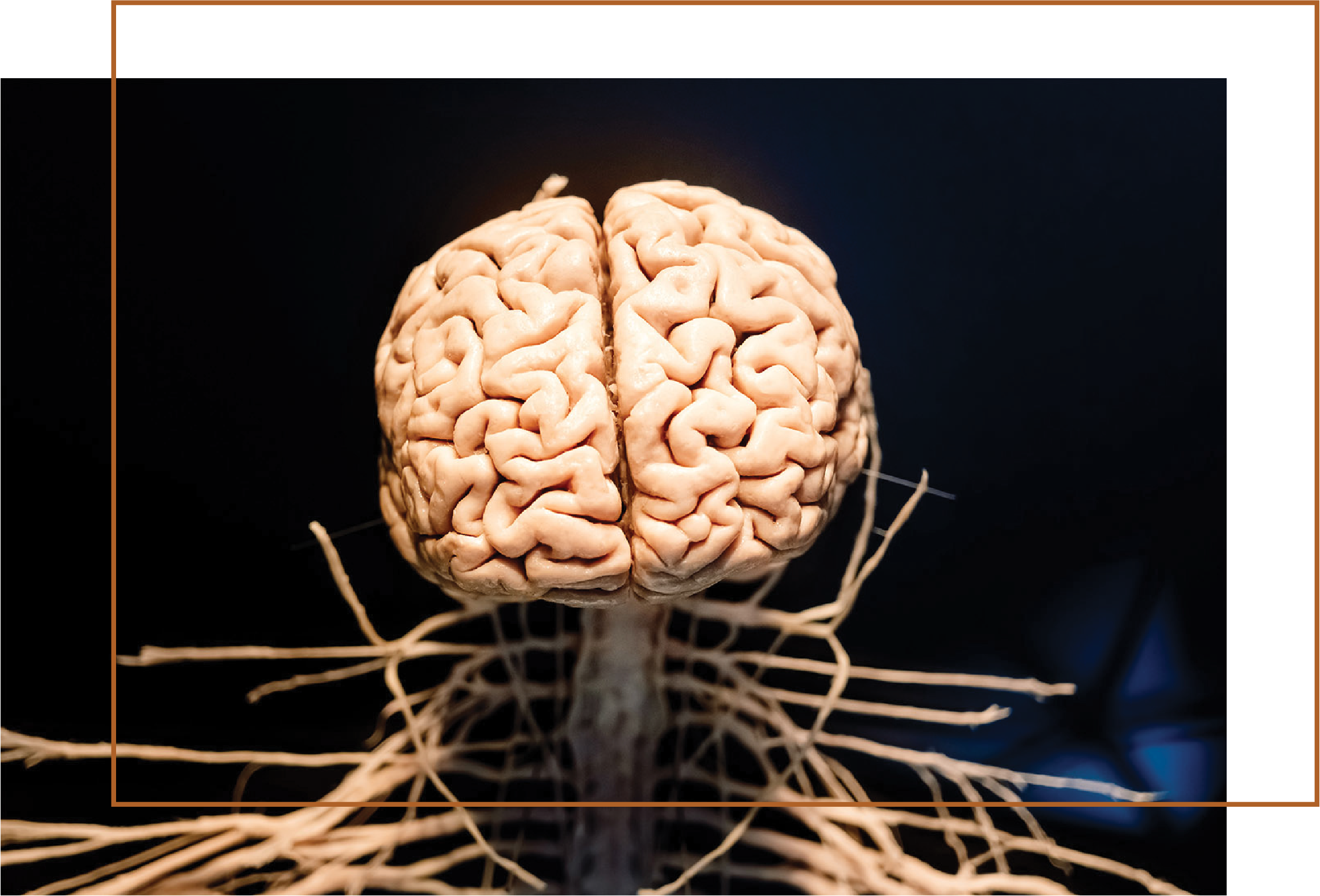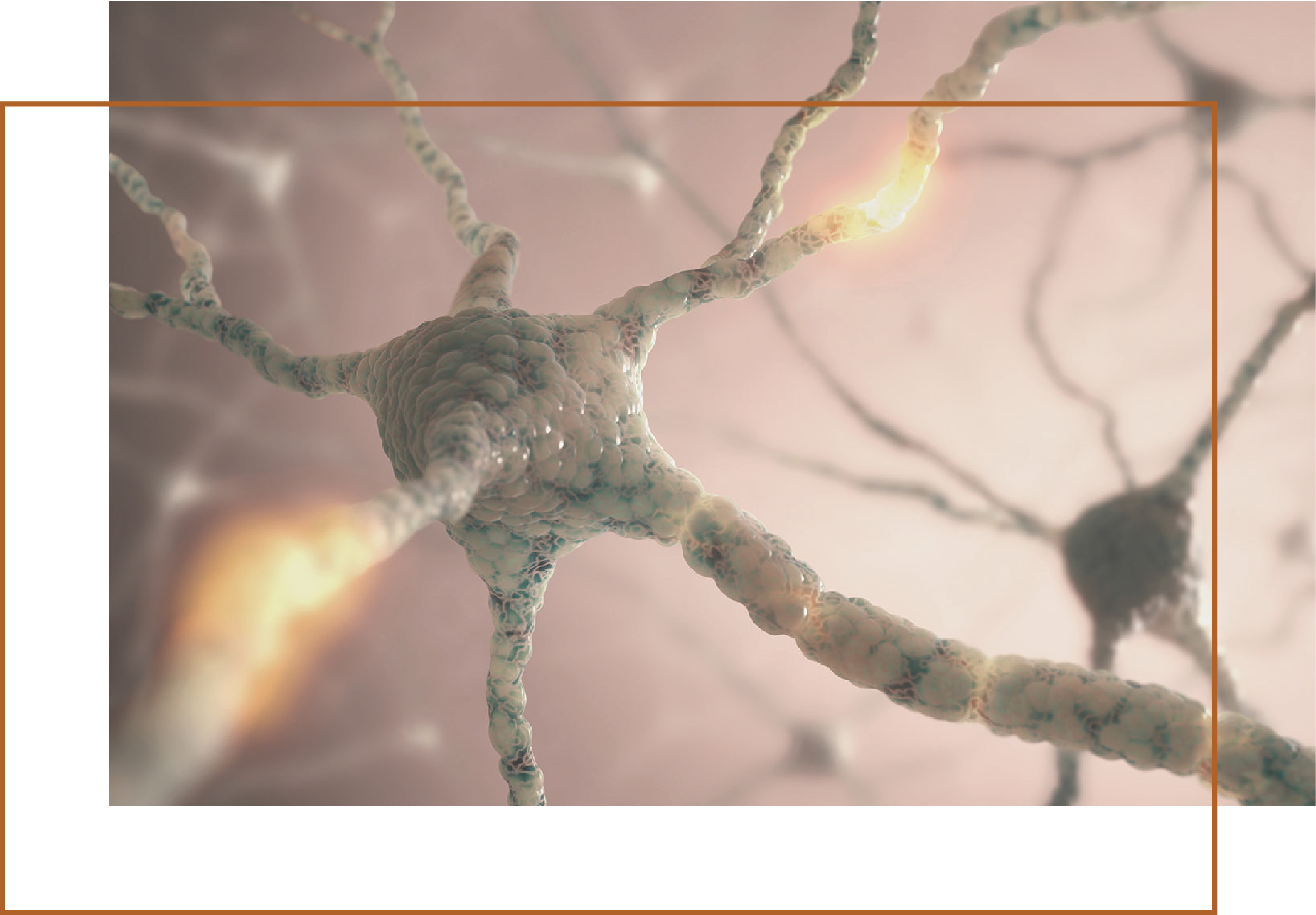The gut-brain axis is a complex communication network between the gastrointestinal tract (the gut) and the brain. It involves intricate interactions between the gut microbiota, gut lining, immune system, and the central nervous system. This axis plays a pivotal role in regulating various aspects of our physical and mental health, influencing the production of neurotransmitters like serotonin and dopamine, which impact mood and cognition. Additionally, the gut’s immune system and microbiota composition can profoundly affect inflammation levels, further influencing mental well-being. This bidirectional communication system stands as the most crucial link for healthy cognition and mood, emphasizing the importance of maintaining a balanced and healthy gut for overall well-being.
Current modern lifestyles can destroy the gut-brain axis by causing what is called dysbiosis. Dysbiosis occurs when the bacteria in the gut are out of balance or the microbiome is lacking in specific healthy probiotics. This imbalance occurs due to diets rich in processed foods, high stress levels, insufficient physical activity, and the overuse of antibiotics, disrupting the signaling between the gut and the brain. A compromised gut-brain axis resulting in dysbiosis can lead to digestive disorders, mood disturbances, cognitive issues, weakened immune function, and an increased susceptibility to chronic conditions.





